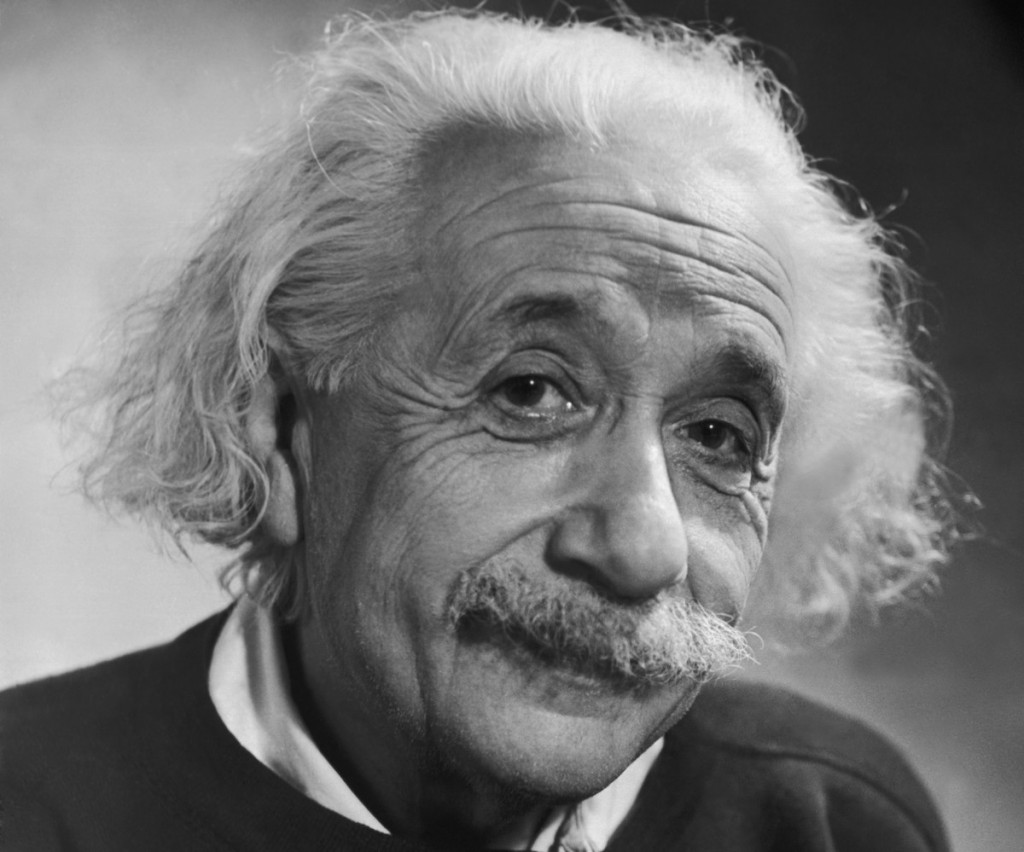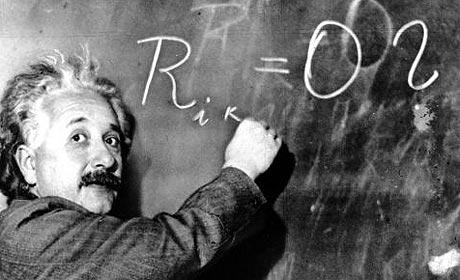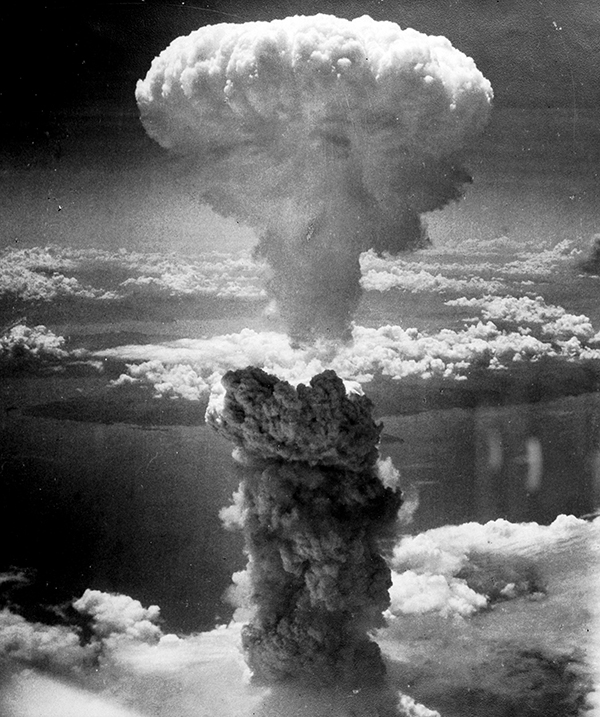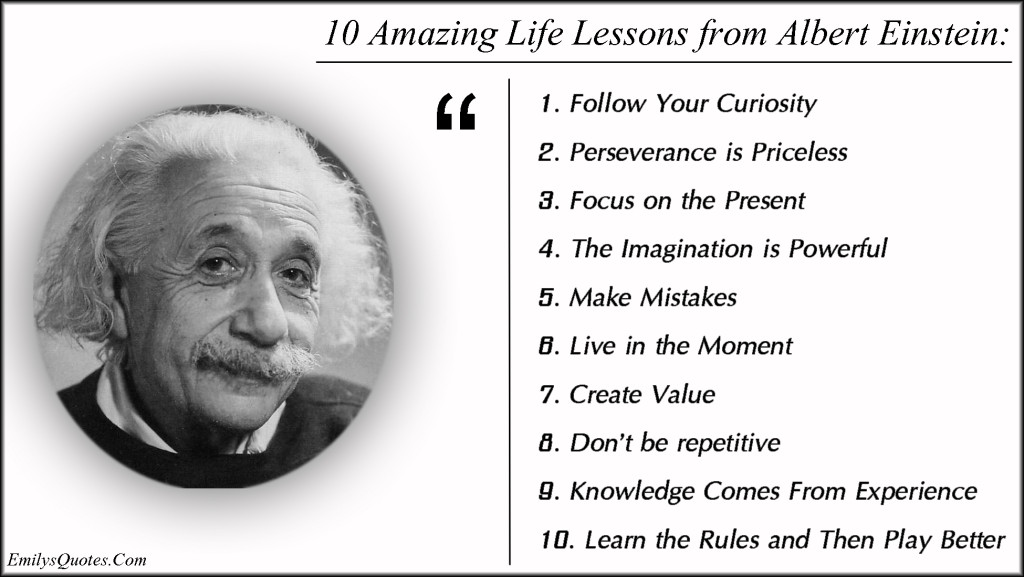
Perhaps the most well-known name in modern physics is Albert Einstein. He has contributed more than any other scientist during the 20th century in regards to the vision of physical reality. His most significant contribution was the Theory of Relativity. It has paved way to a lot more groundbreaking studies since its early recognition. But more so, it was a huge leap for the whole human kind in understanding reality and the universe.
Early Life
The German-American physicist was born as the first child of a German Jewish couple Hermann and Pauline Einstein in Ulm, Germany on March 14, 1879. His parents were worried when young Einstein barely talked until the age of three. But even after regaining his speech, Einstein was not a typical child who loved playing soldiers like other boys his age. Instead, he enjoyed building toy houses and was fascinated by a geometry book by the age of 12.
He was an average student but his interest in science and mathematics was already there. When the family moved to Italy, Einstein decided to renounce his German citizenship. He attended a school in Arau, Switzerland to make up for his missed degree when the family left for Milan. He successfully took his A-levels in Zurich Polytechnic and finished his studies in July 1900 as a secondary school teacher of mathematics and physics.
After two years, he moved to Bern and obtained a position at the Patent Office. In his free time, he would often work on theoretical physics. And from 1902-1909, he has completed several publications of his scientific works on that area. One of which is the pioneering special theory of relativity. Another contains the world’s most famous equation E = m x c2 in which it states that matter can be converted into energy. During that time, Einstein also submitted one of his papers to the University of Zurich to obtain a Ph.D. degree. He sent another paper to the University of Bern and became a lecturer. In 1909, he left his patent job and became a regular professor of physics at the University of Zurich. In the same year, Einstein was regarded as one of the leading scientific thinkers throughout German-speaking countries.
 Scientific Career
Scientific Career
His development of the special theory of relativity was due to his realization that Newtonian mechanics was no longer sufficient to reconcile with the laws of classical mechanics and the laws of electromagnetic field. Soon after, he realized that the principle of relativity can also be extended to gravitational fields. And with that, he published his work on the general theory of relativity in which he worked on for almost seven years.
As he went on studying statistical mechanics and quantum theory, he has formulated a number of explanations regarding particle theory and the motion of molecules. Likewise, he investigated the thermal properties of light in which later on became a foundation to photon theory of light.
Albert Einstein tried to apply the theory in replicating the large-scale model of the universe in 1917. The year after that his theory was proven true in an experiment that investigated the deflection of light by the sun’s gravitational field. With that proof, Einstein became famous over night. And in 1921, he received a Noble Prize for Physics for his work on the photoelectric field.
 World War II
World War II
Albert Einstein was in United States when Hitler came to power in 1933. For that reason, he decided not to go back to Germany where he was a professor at the Berlin Academy of Sciences. In 1940, he became an American citizen. During the heat of the World War II, he wrote a letter to President Franklin Roosevelt warning him about the development of nuclear fission bombs that Einstein largely denounced. He also recommended that the U.S. must conduct a similar research which led to become the so-called Manhattan project. Soon after Einstein, along with Bertrand Russell, signed the Russell-Einstein Manifesto which stressed the harmful effects of nuclear weapons.
Later Life
Throughout his life, Albert Einstein has published more than 300 scientific papers, along with over 150 non-scientific works. He was working with the Institute for Advanced Study in Princeton, New Jersey until his death in 1955.
And since the wide recognition of all his achievements, the word “Einstein” and “genius” has become inseparable.
 Famous Quotes
Famous Quotes
“Imagination is more important than knowledge. For knowledge is limited, whereas imagination embraces the entire world, stimulating progress, giving birth to evolution.”
“Try not to become a man of success, but rather try to become a man of value”
“Anyone who has never made a mistake has never tried anything new.”
You can find more Albert Einstein quotes on the following page, if you want to learn more about Albert Einstein’s personal life click here.
